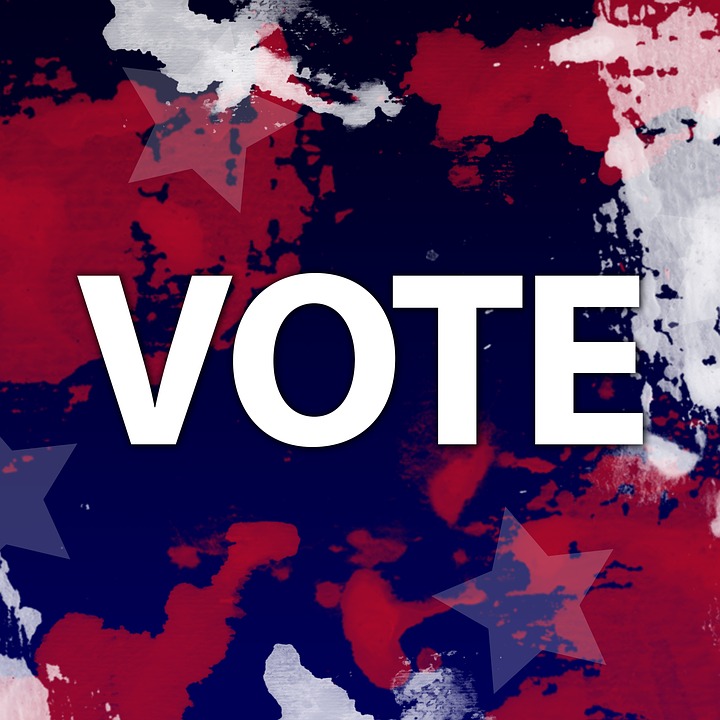Lobbying the alderman for a stop sign at the end of the block is a moral activity. An organization opposing hydraulic fracturing is taking a moral stance. The county budget is a moral document. On the other hand…
There’s a crucial “difference between moralism and morality,” writes Greg Weiner in National Affairs (Fall 2019). To understand that difference “is the first step toward reclaiming a politics of moral ends.” Can the neighbors admit that good reasons could exist for not having a stop sign? Can the anti-fracking group accept a compromise? Isn’t the county budget a synthesis of many moral claims, each taking a partial allocation from the whole?
Moralizing (both by conservatives and by liberals) is an increasingly strong characteristic in our country’s public sphere, Weiner continues. Meanwhile “the actual ability of governing systems to achieve moral ends is in decline.” Quite often people do not appreciate that moralizing “is different from politics oriented toward moral ends.” What are the telltale features of moralizing?
There is always high-minded language, including military metaphors like crusade, battle, enemies. The issue is a matter of ultimate justice; it is imperative.
The moralizer has a single, all-consuming issue and is oblivious to the need for hard choices. There are no opponents to cajole. The moralizer sharpens the issue by naming a single scoundrel who is scolded.
Moralizing is incapable of compromise. “When imperatives are categorical, prudence is impossible,” says Weiner. “Cautious, partial steps toward moral ends cannot satisfy the moralizer.” It follows that the campaign is never ending. Therefore the goal is expressed in abstract terms; no concrete deal is likely. The means are conflated with the end.
Similarly, moralizers do not form coalitions. They live in a “cancel culture [that] maintains the purity of [their] views at the expense of expanding their appeal,” says Weiner. For example, in recent times a coalition of social service agencies and a couple unions had a live proposal for affordable housing. It needed support in the state legislature. The generally progressive local bishop told fellow Catholics, including elected officials, not to get involved because the unions did not support school vouchers and did not accept his pro-life legislative strategy.
In summary, moralizing is apolitical. It does not, Weiner concludes, put appropriate emphasis on the virtue of prudence. It does not appreciate the necessity of gradualism and the tradeoffs that make politics a moral activity.
Is abortion an exception? If a group sincerely believes that the direct taking of an innocent human life is always wrong, how can it compromise? Indeed, society needs a few prophets who speak in absolute terms. However, many pro-life groups realize that reducing the number of abortions is a worthy, though imperfect, goal.
To enter the political fray is to necessarily settle for less. The moralizer has the habit of asking too much of politics, imposing a burden which diminishes the political arena and soon enough harms the cause championed by the moralizer. Moralizing in politics is ineffective. God wants humble citizens who aim their institutions as effectively as possible toward the common good.
Droel’s booklet, What Is Social Justice, is distributed by National Center for the Laity (PO Box 291102, Chicago, IL 60629; $5.50)











